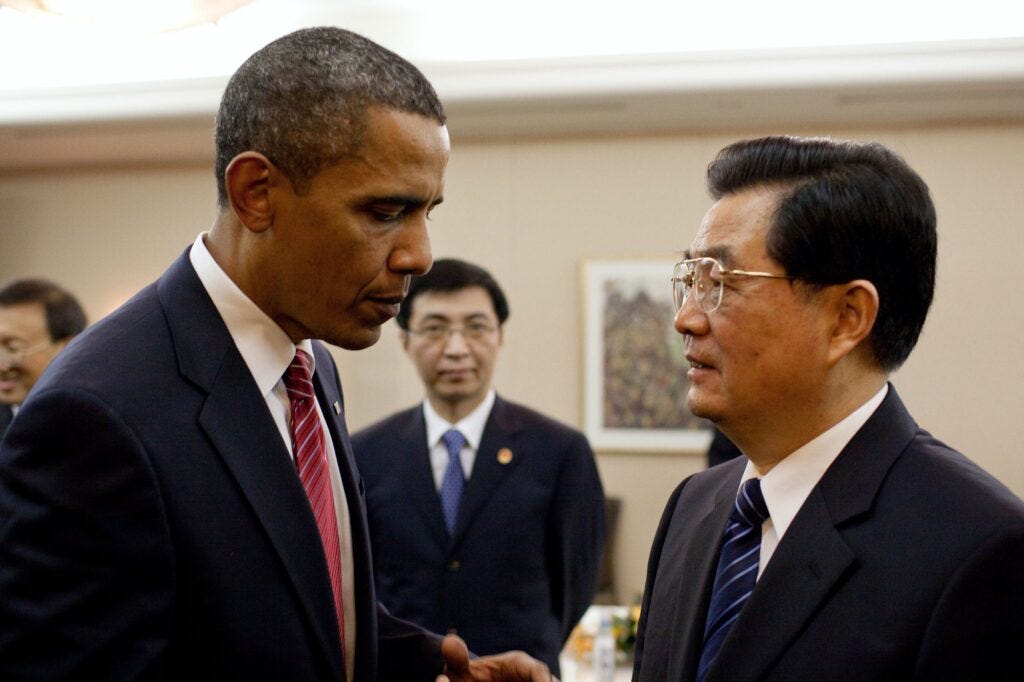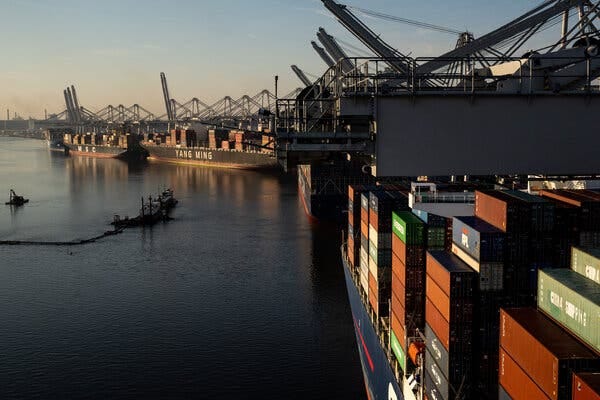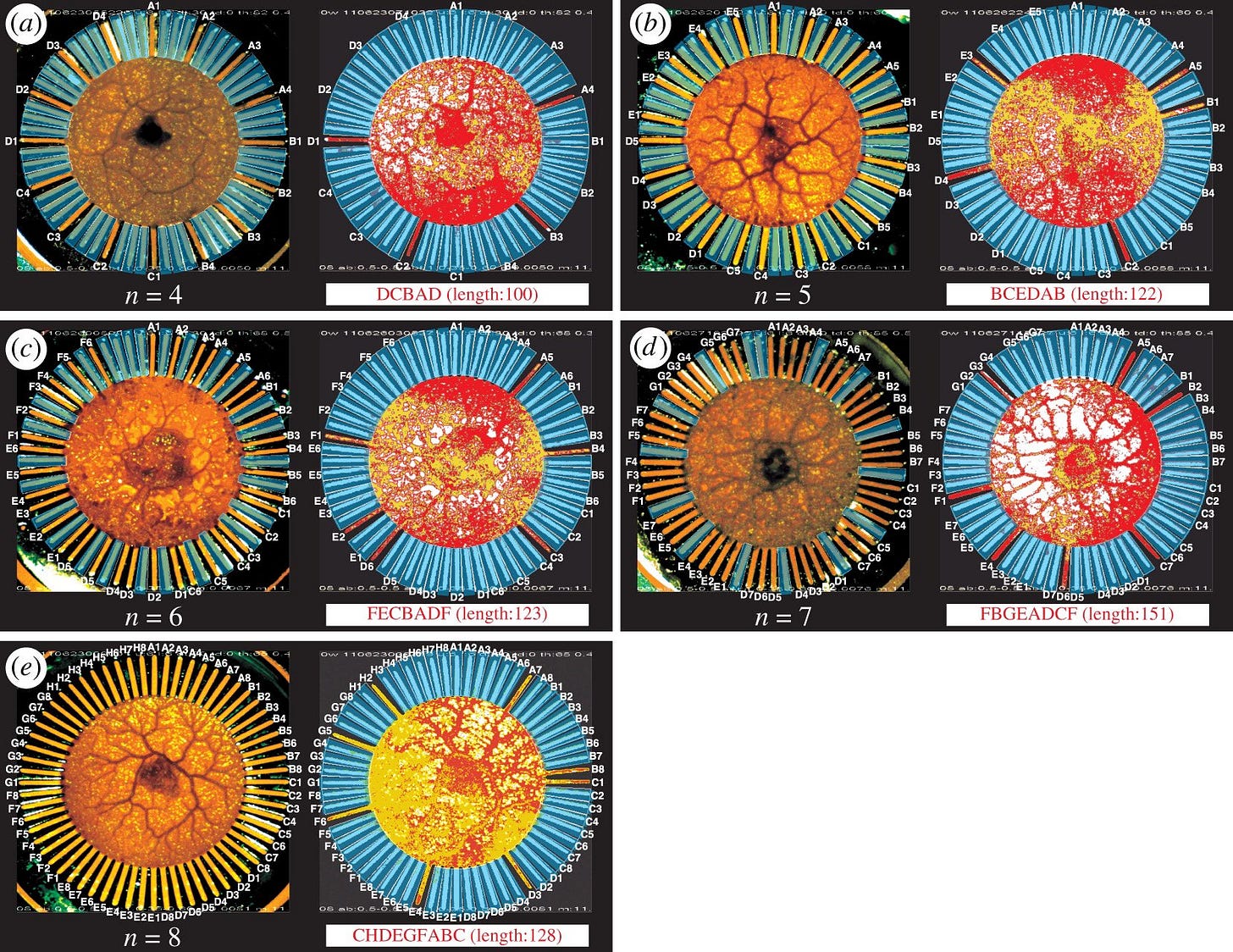Transmission #22: Integrated Space Plans, Grey Eminences, Cargo Panting, and Escape from the World's Deepest Cave.
Design, ideas and other flotsam
Hello. Welcome.
This is Transmissions by me, Martin Brown. Father. Husband. Design Lead at Craig Walker, sometime lecturer at RMIT. Marty to most.
This is an ongoing fortnightly newsletter that collates some of the more interesting stories, links, quotes and other curios that float my way.
If you’re new here, then sign up now to get more of these in your inbox, and don’t forget to tell your friends!
Design
A Wildly Detailed 100-Year Plan for Getting Humans to Mars
Liz Stinson, WIRED
Equally enjoyable for its nold ambition to lay out the engineering challenges involved in a human trip to Mars and beyond, and for the sheer diagrammatic madness of it all, the Integrated Space Plan is a wonder to behold. Ron Jones, a former aerospace engineer, sketched it out over a number of months in the late 1980’s.
The graphic is divided into nine columns that show, in chronological order, the path toward human exploration of deep space. The center row of boxes, the “critical path,” outlines the major milestones Jones decided were attainable within the next century of space travel; the boxes to the left and right of the critical path are support elements that must be realized before anything on the critical path can happen.
You can find a hi-res file here. It’s now a poster on my wall. (ht @poisontofu)
Ideas
The Triumph and Terror of Wang Huning
N. S. Lyons, Palladium Mag
This is the incredible story of Wang Huning, éminence grise, and the supposed philosophical mastermind behind China’s recent lurch away from Western ideals, toward a new kind of sino-puritanism.
Officially referred to as Chinese President Xi Jinping’s “Common Prosperity” campaign, this transformation is proceeding along two parallel lines: a vast regulatory crackdown roiling the private sector economy and a broader moralistic effort to reengineer Chinese culture from the top down.
Our world is witnessing a grand experiment that’s now underway: China and the West, facing very similar societal problems, have now, thanks to Wang Huning, embarked on radically different approaches to addressing them.
It’s utterly riveting, in tracing the filaments of ideas as they spark and twist their way into actions and policy that affects millions, if not billions. Highly recommended.
OK, one more quote, sounding exactly like it’s come from an Adam Curtis film:
But while Americans can, [Wang] says, perceive that they are faced with “intricate social and cultural problems,” they “tend to think of them as scientific and technological problems” to be solved separately. This gets them nowhere, he argues, because their problems are in fact all inextricably interlinked and have the same root cause: a radical, nihilistic individualism at the heart of modern American liberalism.
Please Don't Give Up On Having Kids Because Of Climate Change
Scott Alexander, Astral Codex Tan
It’s really hard to know how to feel about climate change. And I’ll qualify this link by saying that it is not for a minute suggesting that we don’t do everything we can to alter the course we’re on. But what Alexander does argue, is that although climate change will indeed make a future world harder to inhabit than it is now, all hope is not lost, and that it is the loss of hope that we should fear the most.
‘It’s Not Sustainable’: What America’s Port Crisis Looks Like Up Close
Erin Schaff & Peter S. Goodman, New York Times
The evolving supply chain story is fascinating to me because it is like lifting up the hood on the world, and seeing how the supposedly simple act of, let’s say, buying a toaster, is in fact, a minor miracle of coordination and delicately finely balanced incentives. There are literally thousands of people involved in getting you that toaster! (As Thomas Thwaites’ 2009 Toaster Project showed so elegantly).
The fact that the supply chain is a bit broken now is surprising insofar that it worked at all to begin with. As when the container ship Ever Given blocked the Suez Canal, it’s worth pondering both the fragility of our global interconnectedness, and its ongoing resilience.
Quotes
Instead, they see Wang’s America: deindustrialization, rural decay, over-financialization, out of control asset prices, and the emergence of a self-perpetuating rentier elite; powerful tech monopolies able to crush any upstart competitors operating effectively beyond the scope of government; immense economic inequality, chronic unemployment, addiction, homelessness, and crime; cultural chaos, historical nihilism, family breakdown, and plunging fertility rates; societal despair, spiritual malaise, social isolation, and skyrocketing rates of mental health issues; a loss of national unity and purpose in the face of decadence and barely concealed self-loathing; vast internal divisions, racial tensions, riots, political violence, and a country that increasingly seems close to coming apart.
– The Triumph and Terror of Wang Huning
Chart of the Week
(ht Balaji Srinivasan)
Other
🧨 Exploding drones for warfare. It was only a matter of time. Link
🔦 Escape from a flood in the world’s deepest cave. Ripping yarn. Link
🍈 How to make the world’s best melons. SFW. Link
💦 Slime molds make great bio-computers. Link
Till next time!







